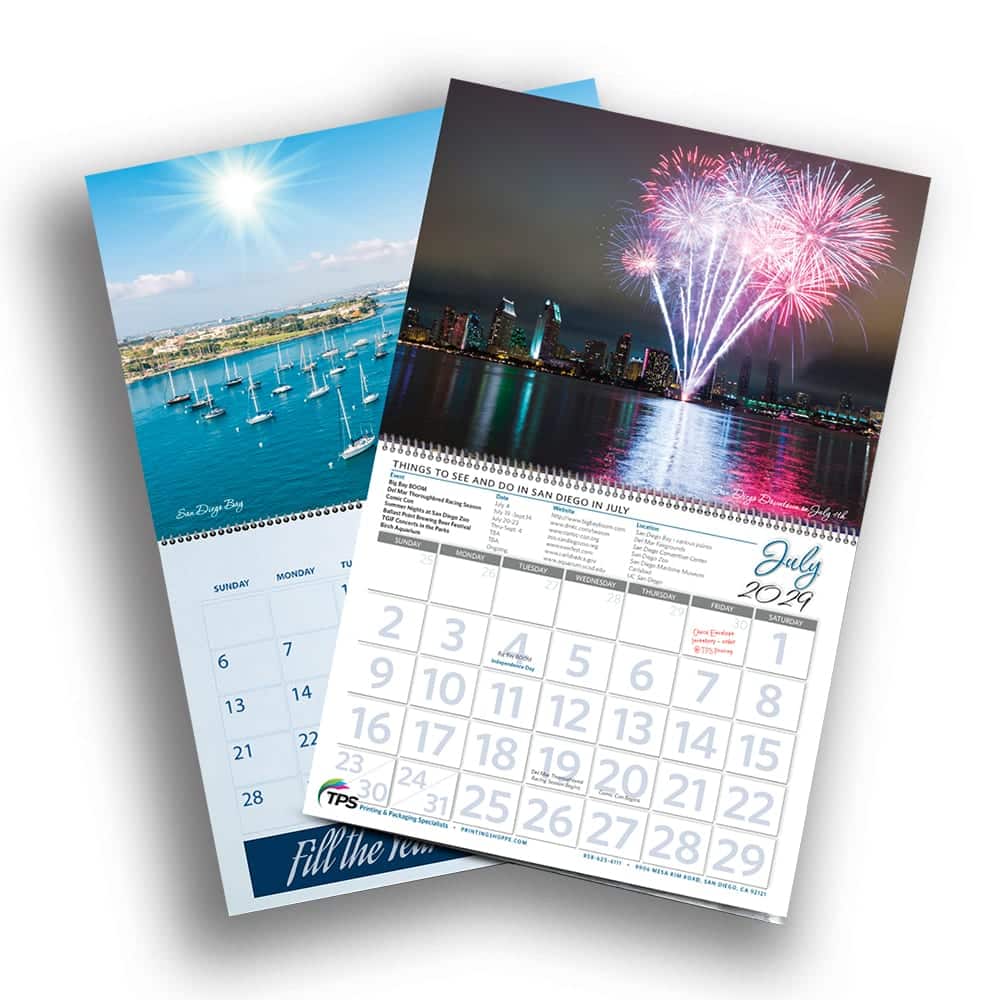The Timeless Tool: A Comprehensive Exploration of Calendars
Related Articles: The Timeless Tool: A Comprehensive Exploration of Calendars
- 2025 Printable Calendar With Julian Dates: A Comprehensive Guide
- Calendario 2025: A Comprehensive Guide To The Year Of The Ox
- LWDS Calendar 2025-2026 PDF
- Blank Editable Calendar 2025: A Comprehensive Guide To Customization And Organization
- 2025 Yearly Wall Calendar: A Comprehensive Guide To Planning And Organization
Introduction
With great pleasure, we will explore the intriguing topic related to The Timeless Tool: A Comprehensive Exploration of Calendars. Let’s weave interesting information and offer fresh perspectives to the readers.
Table of Content
Video about The Timeless Tool: A Comprehensive Exploration of Calendars
The Timeless Tool: A Comprehensive Exploration of Calendars

Throughout the annals of human history, calendars have served as indispensable tools for organizing time and navigating the rhythms of life. From ancient civilizations to modern societies, calendars have played a pivotal role in shaping human activities, shaping cultures, and facilitating the progress of civilization. This comprehensive article delves into the fascinating world of calendars, exploring their origins, evolution, diverse forms, and profound impact on human affairs.
Origins and Ancient Calendars
The genesis of calendars can be traced back to the earliest civilizations. As societies transitioned from nomadic lifestyles to settled agriculture, the need arose to track the changing seasons and predict celestial events that influenced farming practices. The earliest known calendars, such as the Egyptian solar calendar and the Babylonian lunar calendar, emerged around 3,000 BC.
Types of Calendars
Over the centuries, a vast array of calendars have been developed, each tailored to specific cultural and religious traditions. The most common types of calendars include:
- Solar calendars: Based on the Earth’s orbit around the Sun, solar calendars divide the year into 12 months, each approximately 30 days long. The Gregorian calendar, widely used today, is a solar calendar.
- Lunar calendars: Based on the phases of the Moon, lunar calendars typically consist of 12 or 13 months, each lasting 29 or 30 days. The Islamic calendar is an example of a lunar calendar.
- Lunisolar calendars: Combining elements of both solar and lunar calendars, lunisolar calendars adjust for the discrepancy between the lunar and solar years by intercalating an extra month periodically. The Hebrew calendar is a lunisolar calendar.
The Gregorian Calendar
The Gregorian calendar, named after Pope Gregory XIII who introduced it in 1582, is the most widely used calendar in the world today. It is a solar calendar with 365 days in a year, with an extra day added every four years in a leap year to account for the Earth’s slightly longer orbital period. The Gregorian calendar has been adopted by most countries for civil purposes, although some cultures still use other calendars for religious or traditional reasons.
The Impact of Calendars
Calendars have had a profound impact on human societies in numerous ways:
- Agriculture: Calendars have enabled farmers to plan their planting and harvesting seasons, ensuring a reliable food supply.
- Religious observances: Many religions use calendars to determine the dates of festivals, holidays, and other important religious events.
- Social organization: Calendars have facilitated the scheduling of social gatherings, meetings, and events, fostering community cohesion.
- Historical record-keeping: Calendars provide a framework for recording and dating historical events, allowing us to understand the past and track the passage of time.
- Economic planning: Calendars are essential for businesses and governments to plan their activities, set deadlines, and manage resources effectively.
Cultural and Religious Calendars
In addition to the Gregorian calendar, numerous cultures and religions have developed their own unique calendars. These calendars often reflect the specific beliefs, traditions, and values of the communities that use them.
- Chinese calendar: A lunisolar calendar used in China and other East Asian countries, the Chinese calendar is based on a 60-year cycle of animal signs and five elements.
- Hindu calendar: A lunisolar calendar used in India and other South Asian countries, the Hindu calendar is based on the lunar cycles and the movement of the Sun through the zodiac.
- Islamic calendar: A lunar calendar used by Muslims worldwide, the Islamic calendar is based on the phases of the Moon and is used to determine the dates of religious observances, such as Ramadan and Hajj.
The Future of Calendars
As technology advances, new forms of calendars are emerging. Digital calendars, synchronized across multiple devices, provide convenience and accessibility. Artificial intelligence (AI) is also being used to develop calendars that can learn from user habits and predict upcoming events.
Despite the technological advancements, the fundamental purpose of calendars remains unchanged: to help us organize our time, plan our activities, and make sense of the passage of time. Calendars are a testament to human ingenuity and our enduring need to structure and understand the world around us.
Conclusion
Calendars are more than mere timekeeping devices. They are cultural artifacts that reflect the values, beliefs, and aspirations of human societies. From the ancient Egyptians to the modern world, calendars have played a vital role in shaping our lives and understanding our place in the cosmos. As time continues to march forward, calendars will continue to evolve, adapting to the changing needs of humanity while remaining timeless tools for navigating the complexities of life.








Closure
Thus, we hope this article has provided valuable insights into The Timeless Tool: A Comprehensive Exploration of Calendars. We appreciate your attention to our article. See you in our next article!